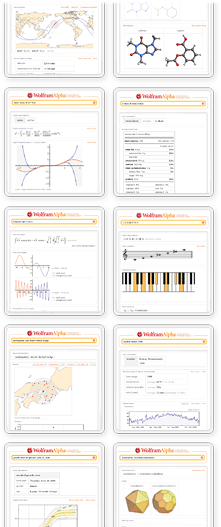Search is the core of what ever Google does and they seem to be very proud about that. Personalized Search Result is one of the key Google Search Features the company flaunts. Day before yesterday, Google announced that they are taking personalized search a step further by converting it into Personalized Search for Everyone. This is what I read on the Company Blog:
Today we're helping people get better search results by extending Personalized Search to signed-out users worldwide, and in more than forty languages. Now when you search using Google, we will be able to better provide you with the most relevant results possible.Previously, we only offered Personalized Search for signed-in users, and only when they had Web History enabled on their Google Accounts. What we're doing today is expanding Personalized Search so that we can provide it to signed-out users as well. This addition enables us to customize search results for you based upon 180 days of search activity linked to an anonymous cookie in your browser. It's completely separate from your Google Account and Web History (which are only available to signed-in users).I like the idea of Google trying everything they can to get me the best result possible. However from the way Google explains the new Personalization Feature with an example, I think it is such a Bad Idea and a total waste of Google's time and computer resources. Following is how Google explains their way of Personalization:
For example, since I always search for [recipes] and often click on results from epicurious.com, Google might rank epicurious.com higher on the results page the next time I look for recipes. Other times, when I'm looking for news about Cornell University's sports teams, I search for [big red]. Because I frequently click on www.cornellbigred.com, Google might show me this result first, instead of the Big Red soda company or others.Let me give you another example. When I search for Scocial Networking using Google, let us say I come across Facebook. I visit Facebook and I like it. Now, I visit the site a couple of times using Google. My problem is, if Google is going to put that result on the top just because I visited Facebook couple of times from Google, then what about the other Social Networking Services? What if some one comes up with something better than Facebook and just because Google has put my favorite Facebook first the new guy gets pushed to the second page where I never go? I say pushed back because the first ten results on the page are going to be in the order of my clicking frequency.
Lets not talk about Facebook. Let us say I want to know more about Social Networking. Google gets me ten great articles on the first page. I like all of them and I keep going back to read them. What if a new guy comes up with something better on Social Networking? How will I know, if Google puts where I go often first?
Is not Google reducing their Search Engine into a Bookmarking Engine by adding this sort of Personalization where what you click often appears first? I thought Google's way of intelligently understanding what I look for should mean much more than that!
[I have no issues with them using information on what I search to help advertisers target me. Since they give me the search result for free, they might as well make some money out of the advertisers using information about what I do on their site.]
Update: I was just thinking - what if Google puts the list of sites I click often when I search something just below the space available in that corner where they put sponsored links? How useful it will be if they do that, if the sites I have already visited are separated from the sites I have not!










